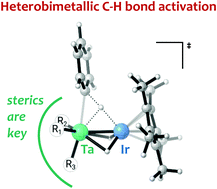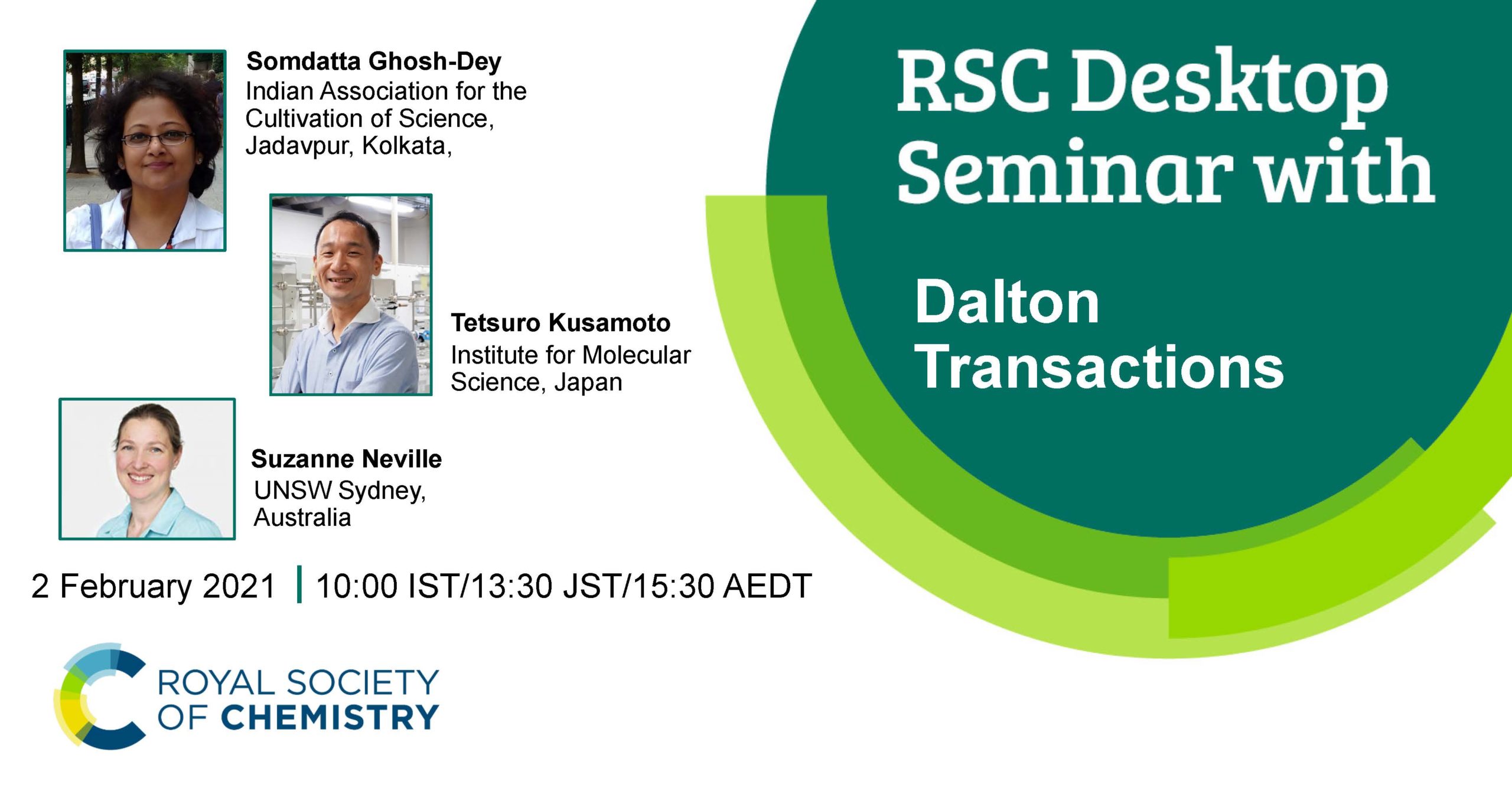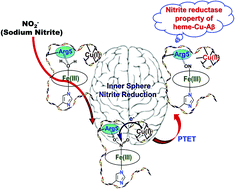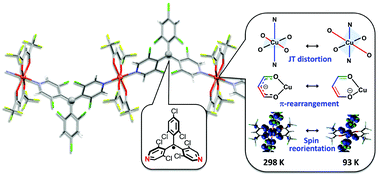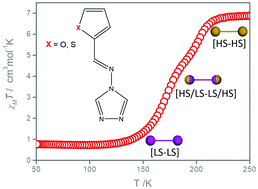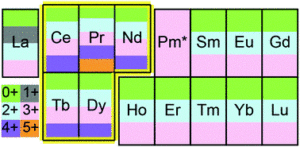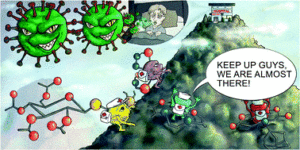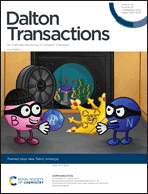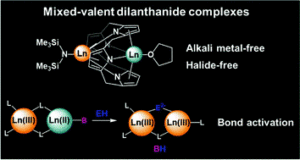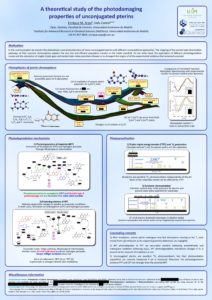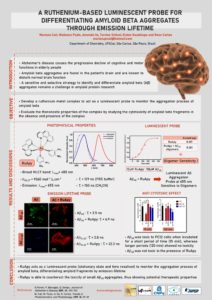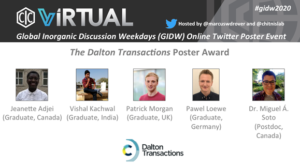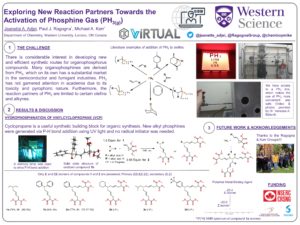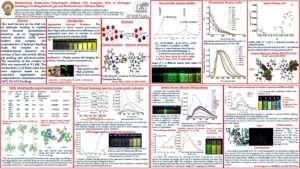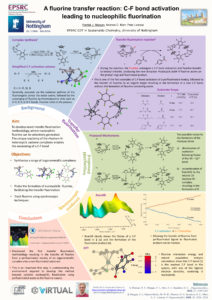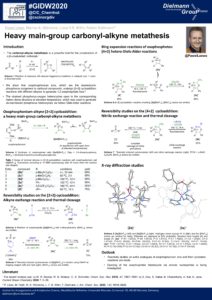We are delighted to share with you our Spotlight Collection on Atomic and Molecular Layer Deposition.
This Spotlight Collection is guest edited by Dalton Transactions Associate Editor Prof. Maarit Karppinen (Aalto University), Prof. Anjana Devi (Ruhr-University) and Prof. Jolien Dendooven (Ghent University).
Does your research fit into this subject area? If so, we would welcome your contribution.
About the Spotlight Collection
Atomic layer deposition (ALD) has been the fastest growing thin-film technology in the semiconductor industry for the last few decades, and is applied in photovoltaics systems and displays. The industrial applications naturally concern only few prototype materials (Al2O3, HfO2, ZnO, TiO2, etc.). However, in recent years the technique has been increasingly exploited towards new application domains and new materials, driving a continued demand for new precursors.
Molecular layer deposition (MLD) is a much less exploited counterpart of ALD for purely organic thin films. Particularly interesting though is the combination of ALD and MLD for hybrid inorganic-organic materials. This combined ALD/MLD technique was introduced in 2008 and it is now strongly emerging for various new MOF-like metal-organic materials and inorganic-organic multilayer structures which are believed to open up novel application possibilities.
Articles will be added to this open and on-going spotlight collection as soon as possible after they are published. You can find a selection of the articles below and check out the growing collection online here:
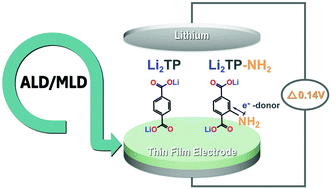
Juho Heiska, Mikko Nisula, Eeva-Leena Rautama, Antti J. Karttune and Maarit Karppinen*
Dalton Trans., 2020, 49, 1591-1599
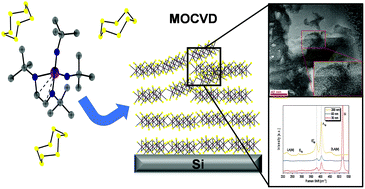
Jan-Lucas Wree, Engin Ciftyurek, David Zanders, Nils Boysen, Aleksander Kostka, Detlef Rogalla, Maren Kasischke, Andreas Ostendorf, Klaus Schierbaum and Anjana Devi*
Dalton Trans., 2020, 49, 13462-13474
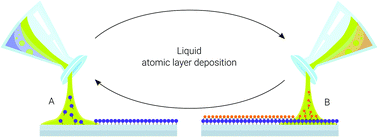
Octavio Graniel,* Josep Puigmartí-Luis* and David Muñoz-Rojas*
Dalton Trans., 2021, Advance Article
How to submit:
All types of manuscript – communications, full papers, perspective, frontiers and comments – will be considered for publication. The manuscript should be prepared according to our article guidelines and submitted via our online system.
All manuscripts will be subject to the usual initial assessment and peer review processes as necessary, and inclusion in the Spotlight Collection will be at the discretion of the Guest Editors. Please indicate in your submission that you are submitting to the Spotlight Collection.
Interested in submitting a paper? Please contact us for more information.












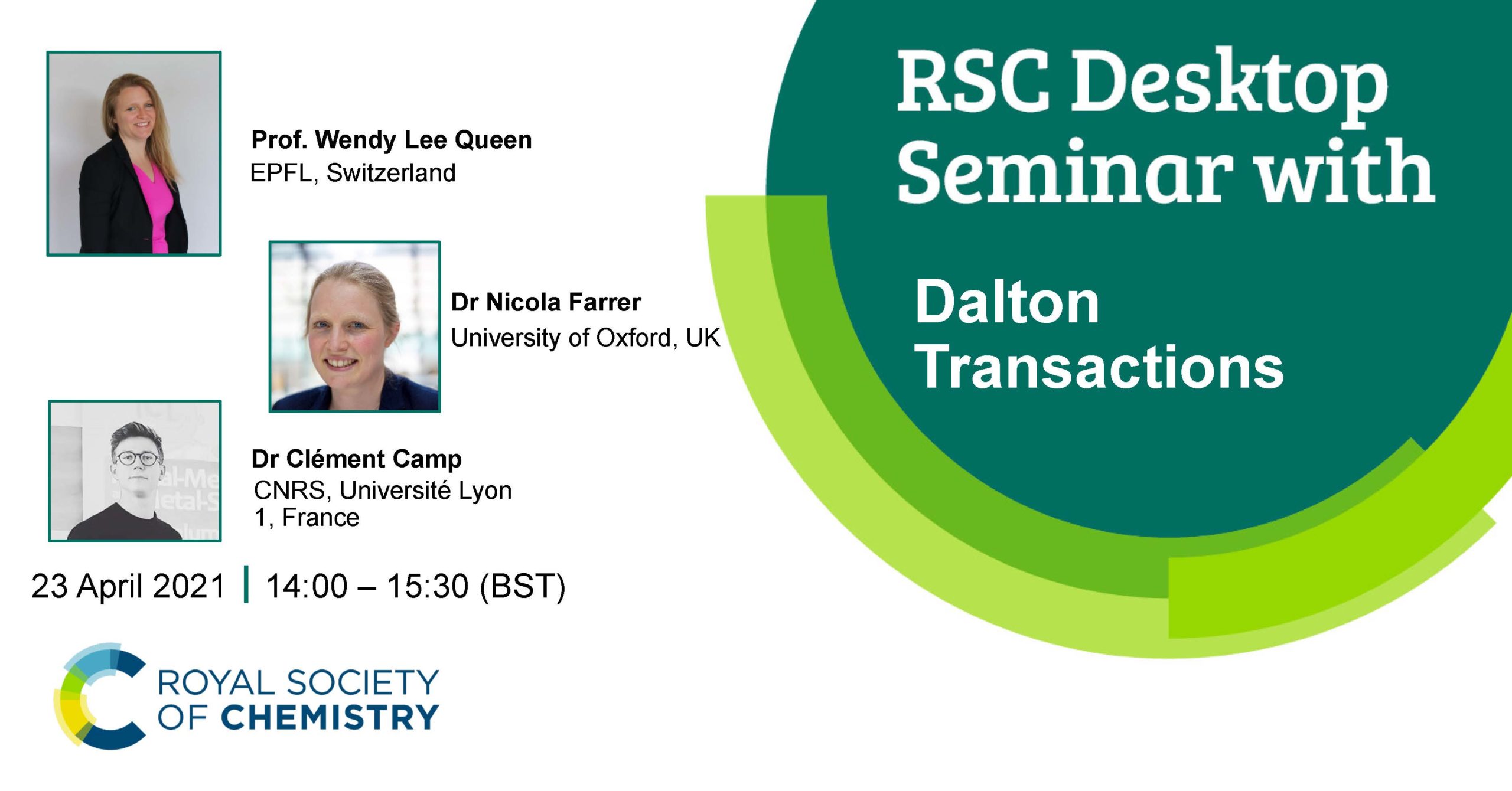
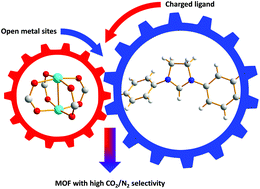
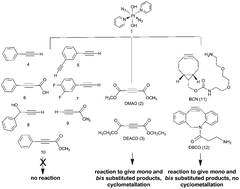
![[double bond, length as m-dash]](https://www.rsc.org/images/entities/char_e001.gif) Ir multiple bonds
Ir multiple bonds